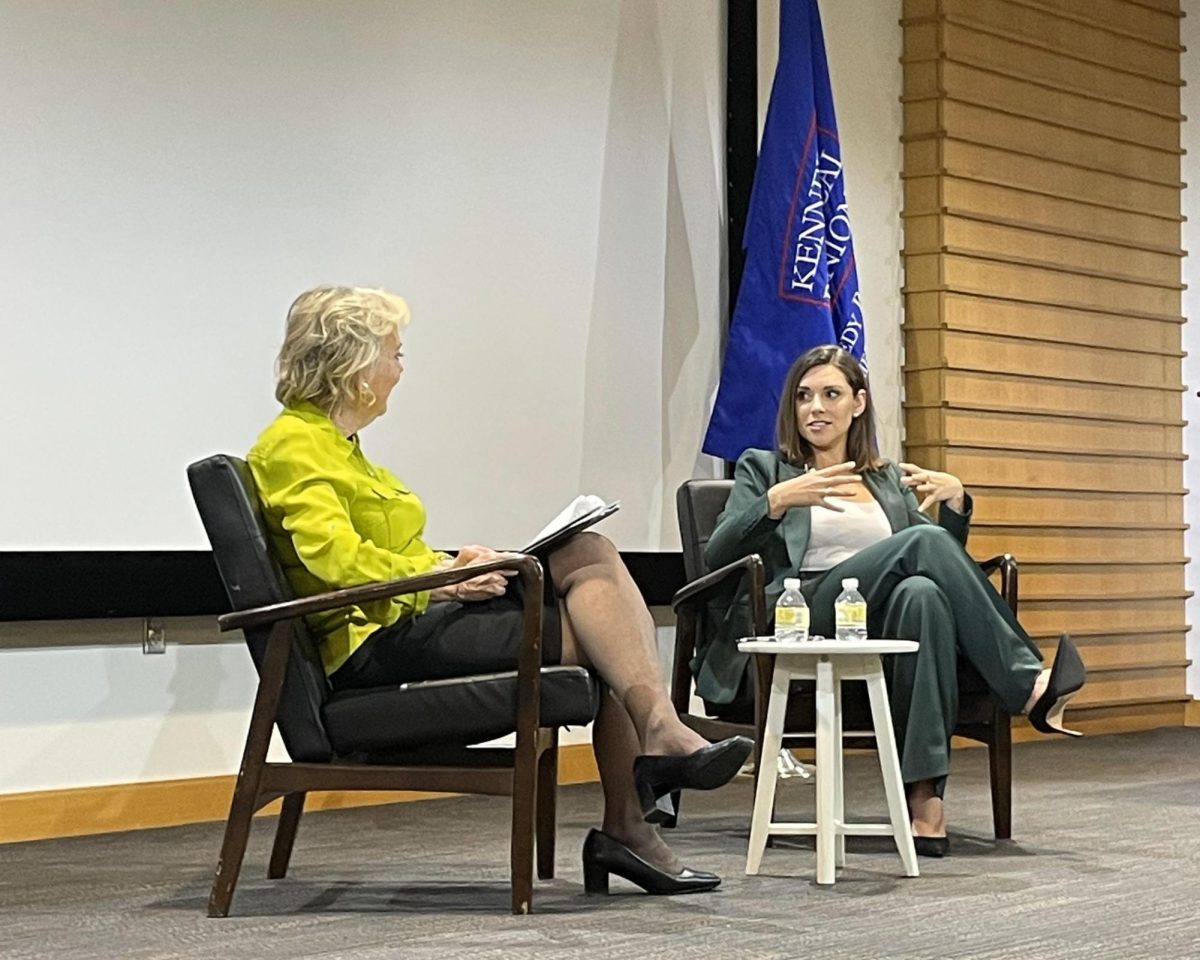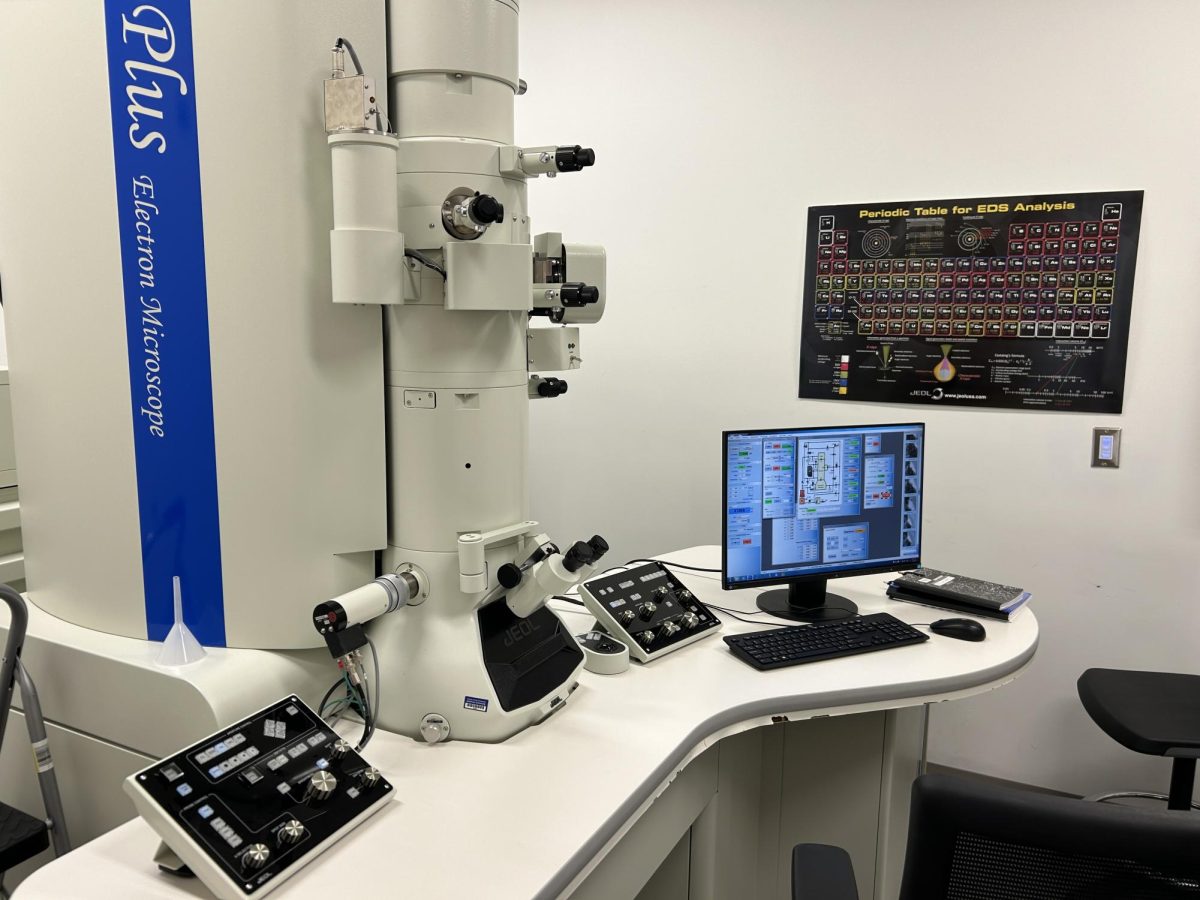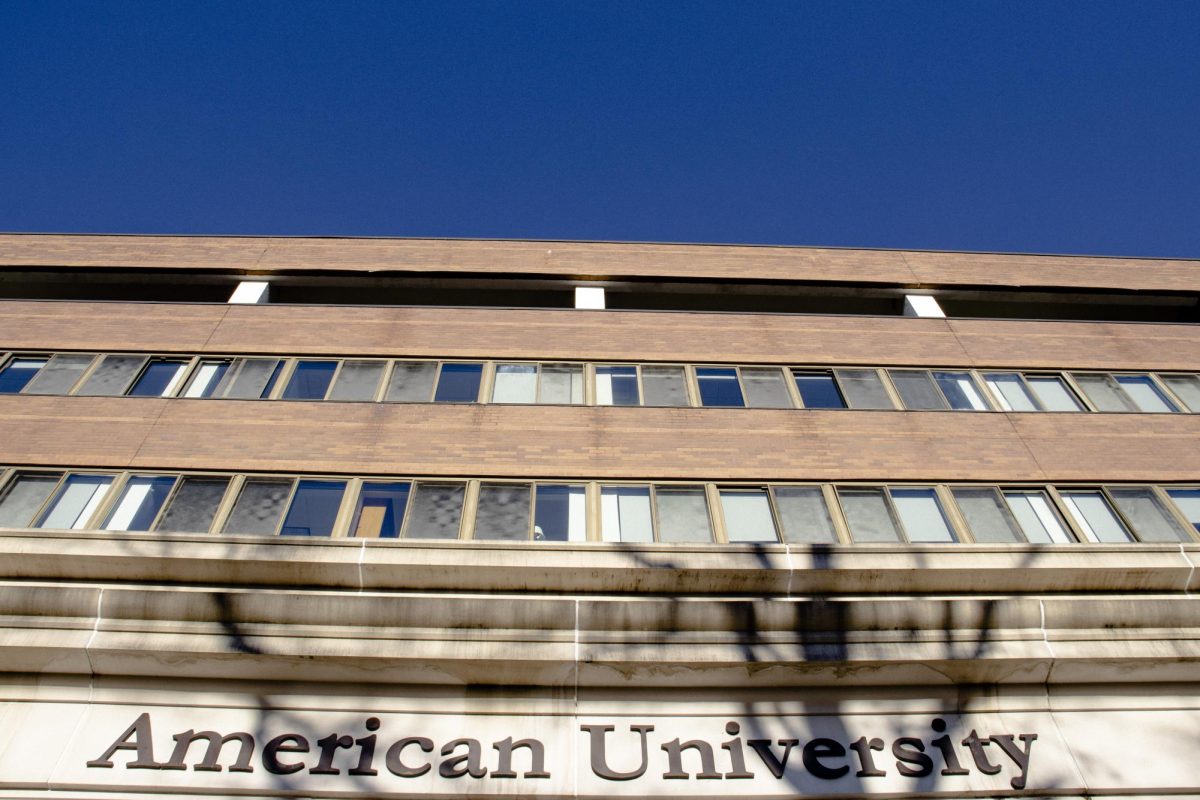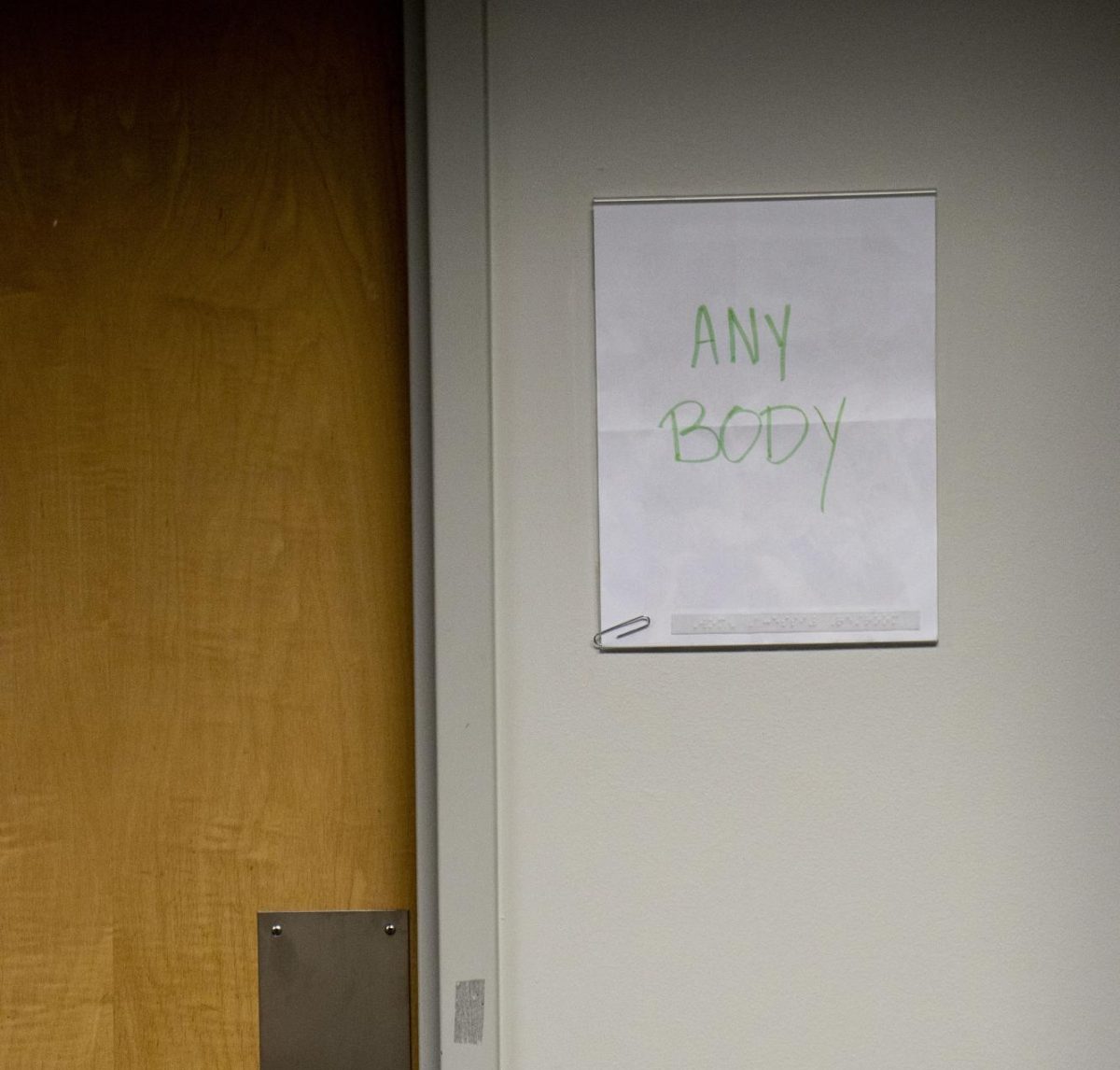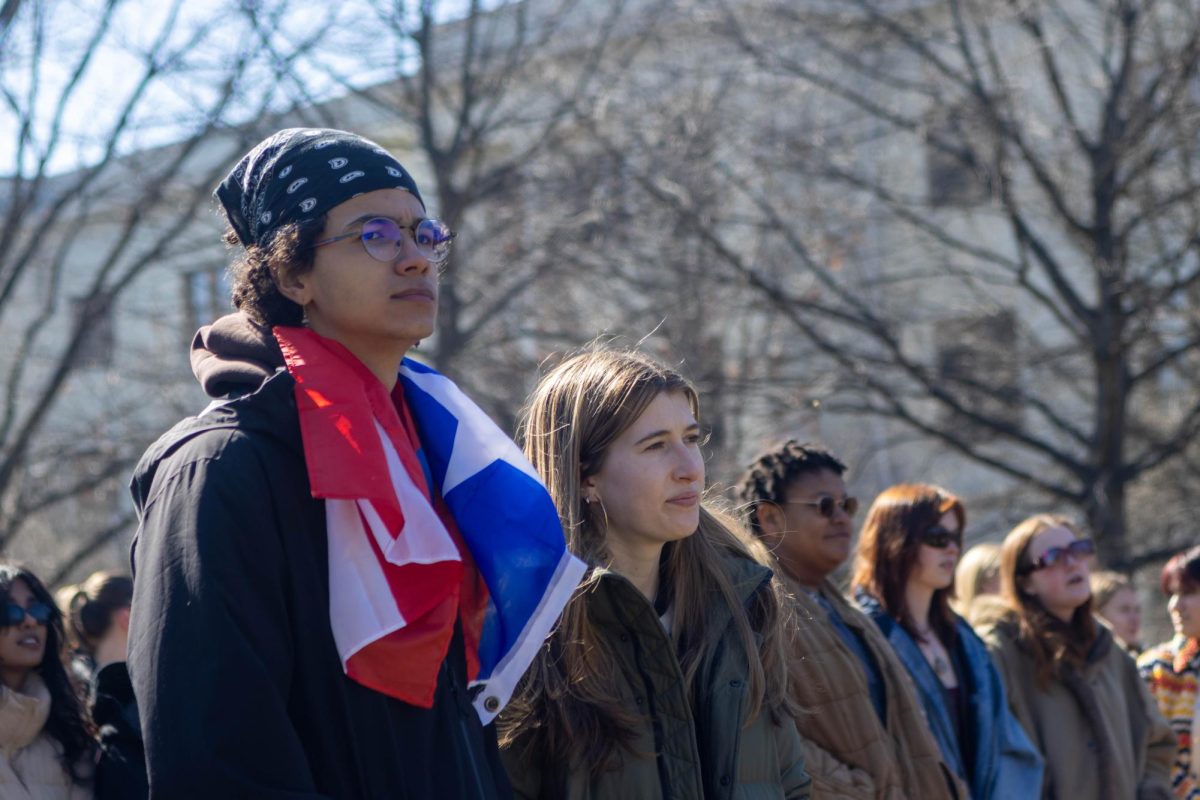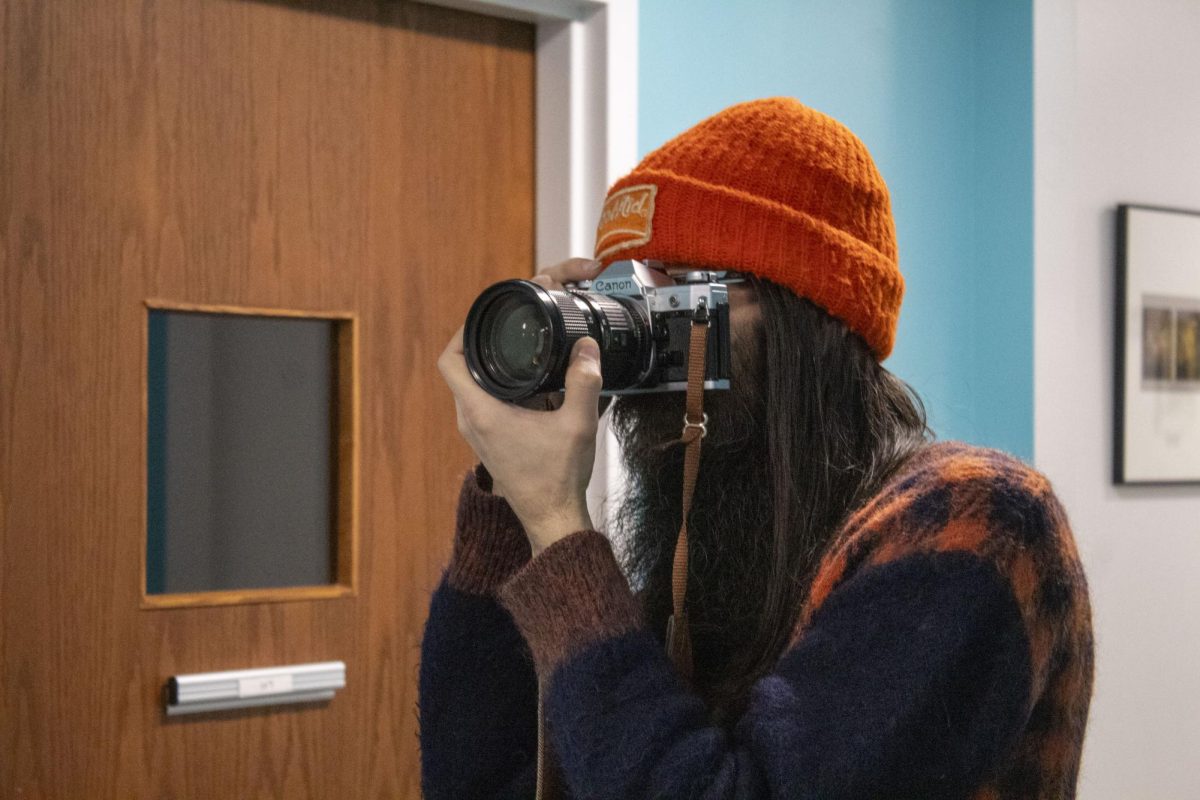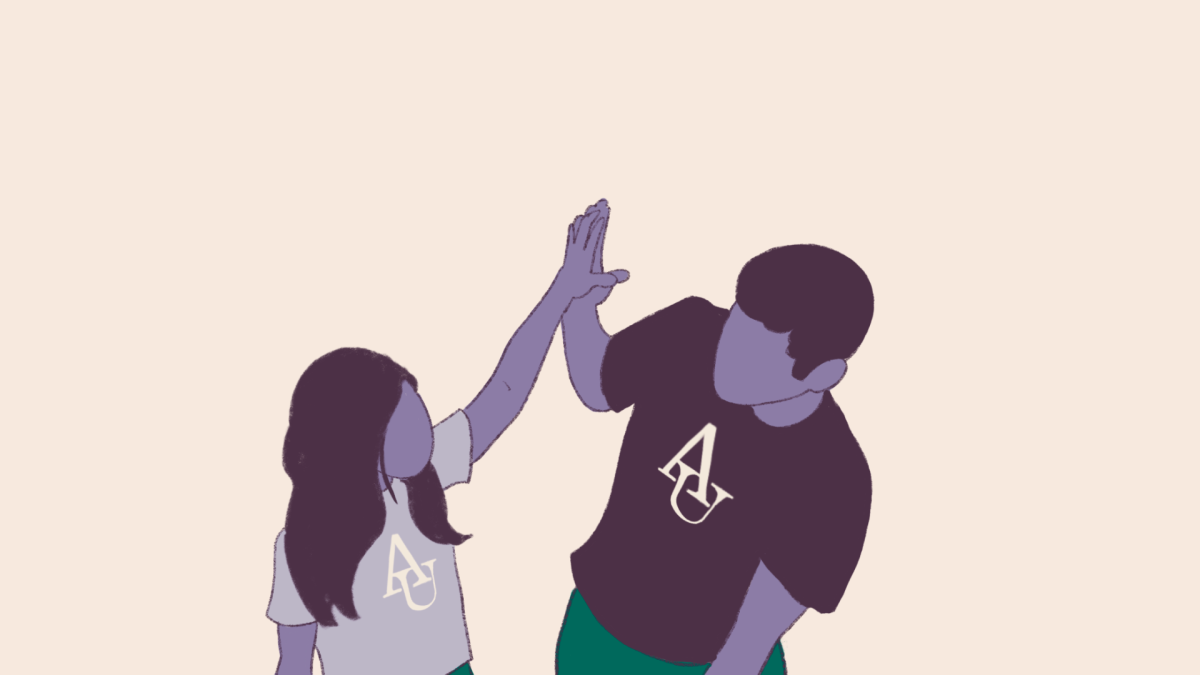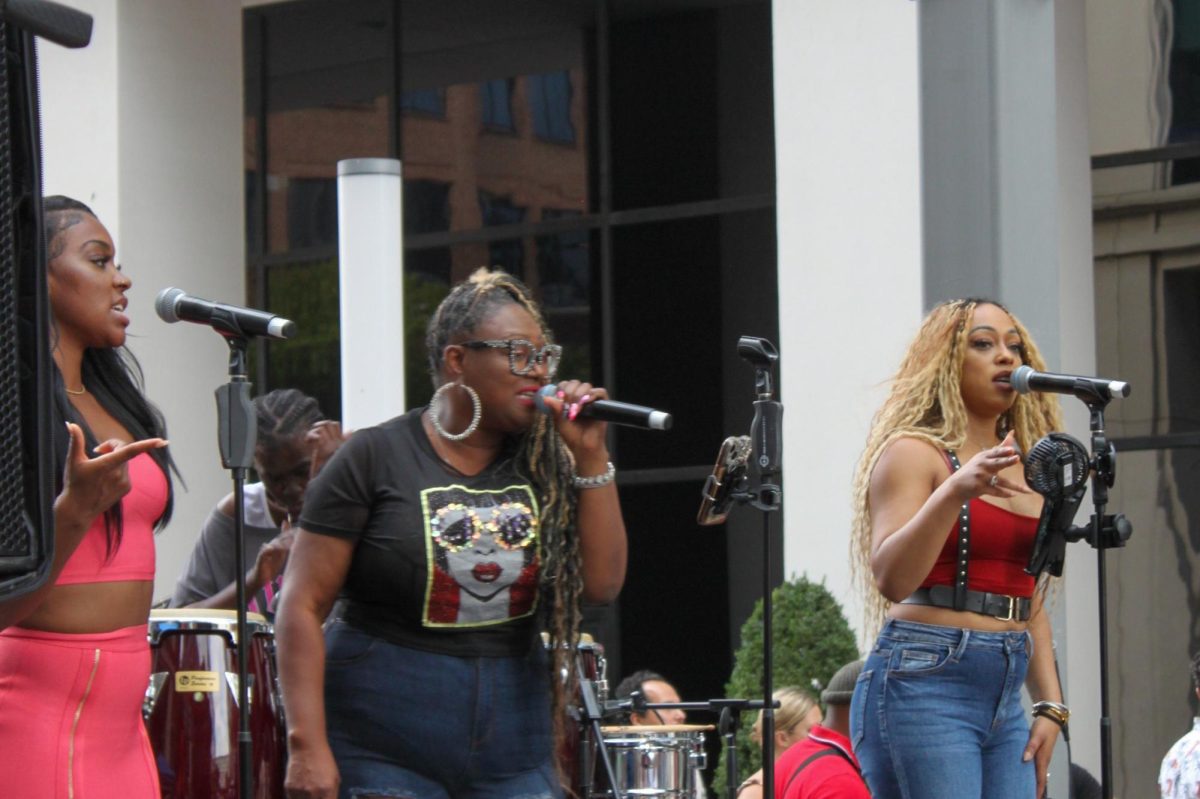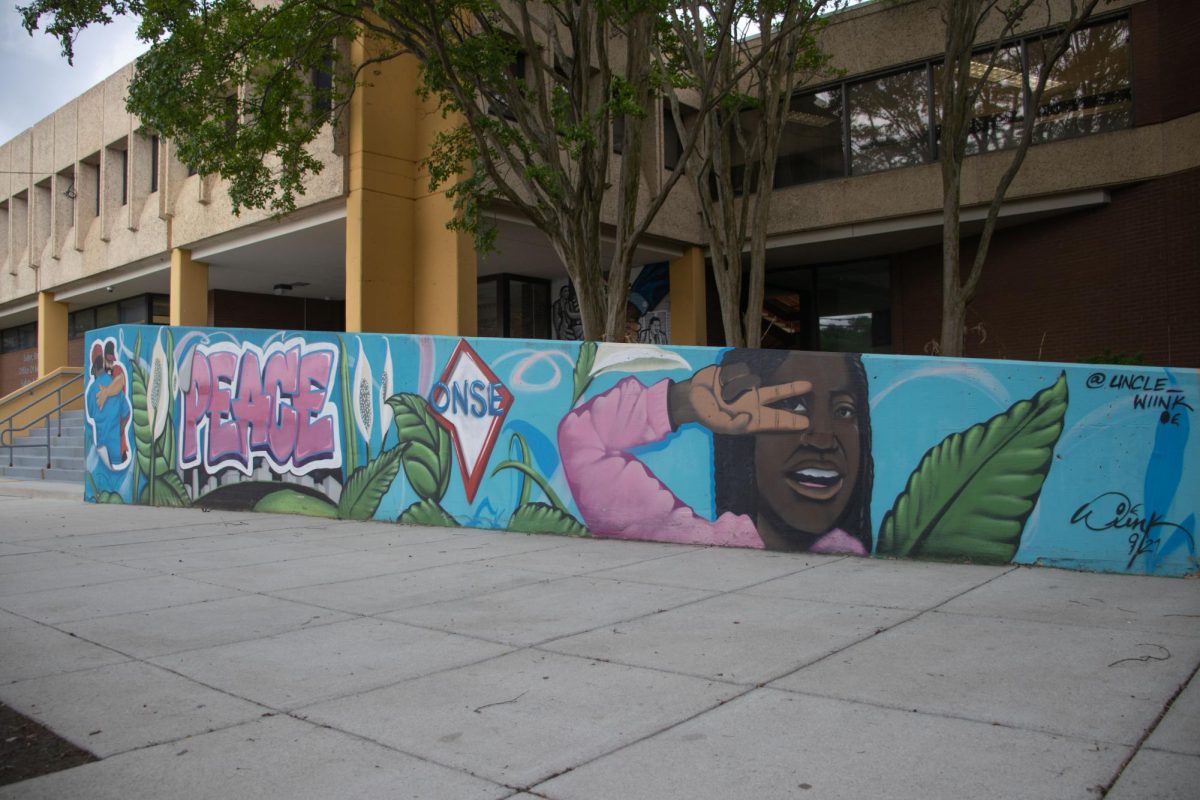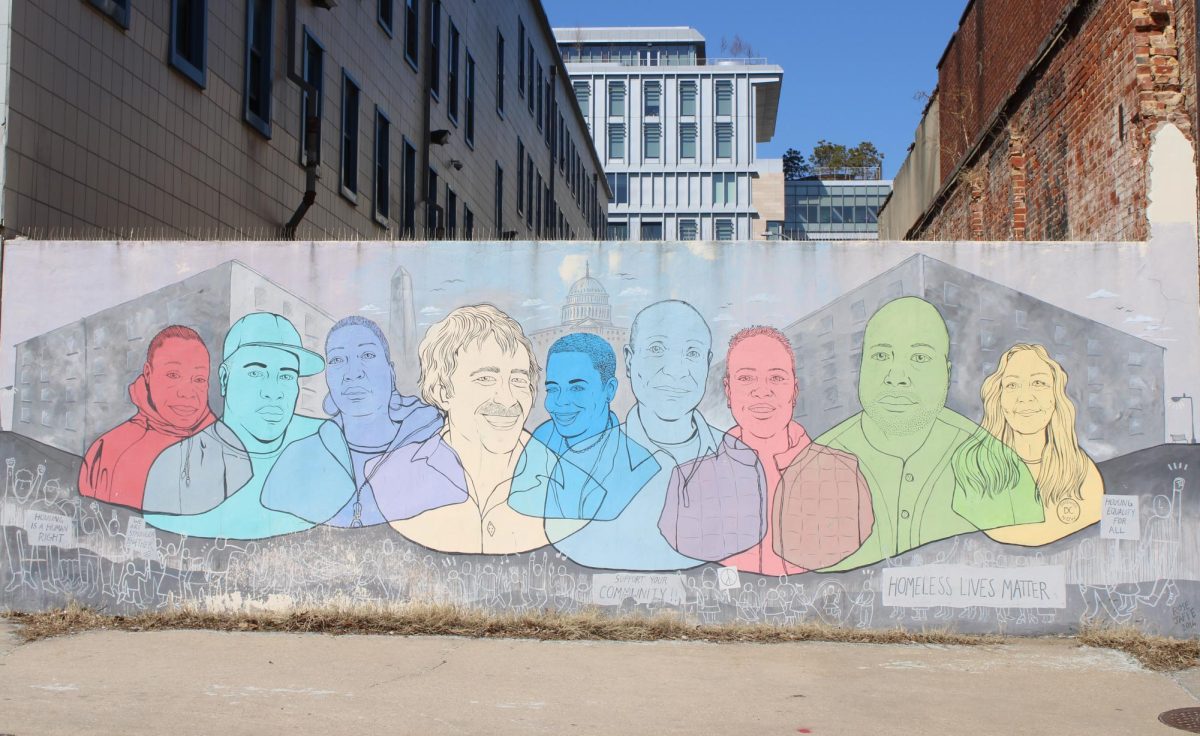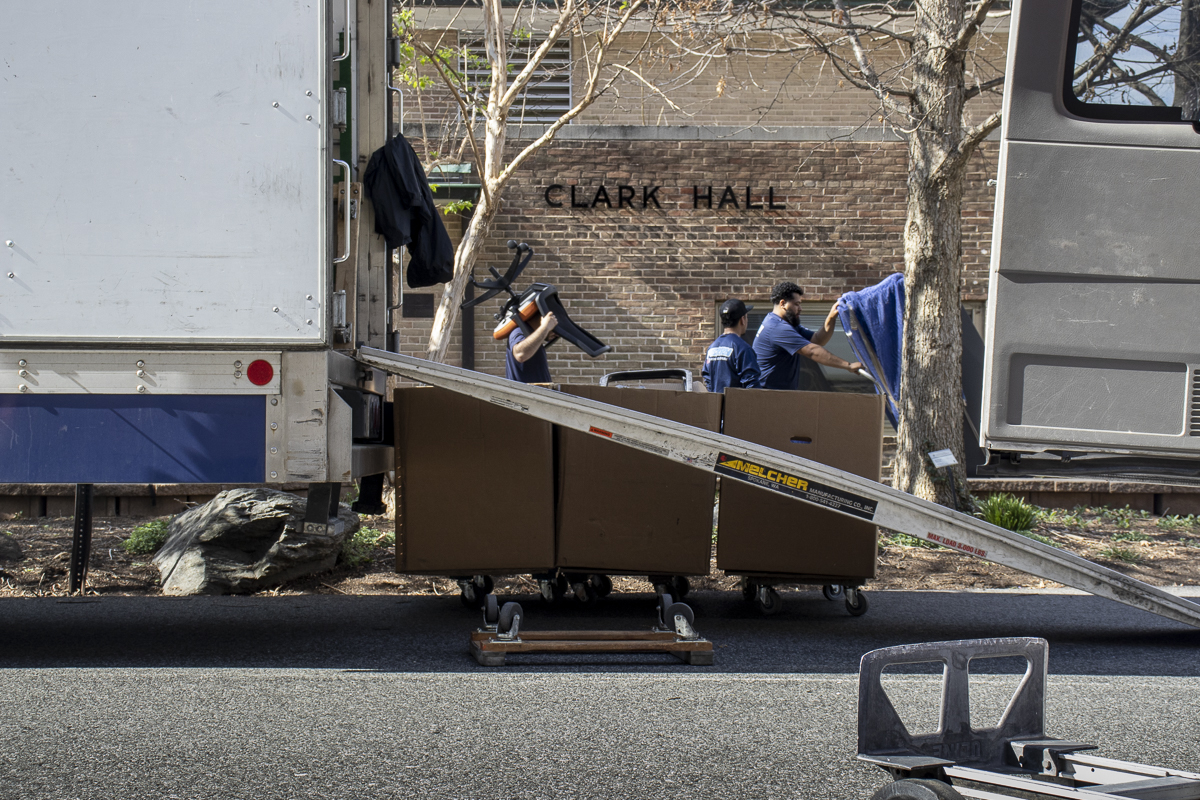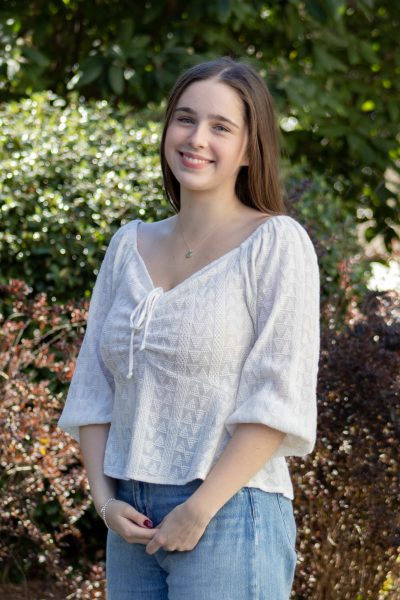On Oct. 17, journalist and American University School of Communications alumna Tara Palmeri returned to her alma mater to share insights from her career covering politics, offering advice on navigating the challenges of political reporting and building credibility in the industry.
Currently, Palmeri is the senior political correspondent for Puck and the Host of the Ringer’s “Somebody’s Gotta Win.” Formerly, she served as the chief national correspondent at Politico, a white house correspondent for ABC and host and chief investigative reporter of two Sony Music podcasts: “Broken: Seeking Justice” and “Power: The Maxwells.”
The panel was hosted by the Kennedy Political Union, the School of Communication, AU College Republicans and AU College Democrats. Associate Professor Jane Hall, who moderated the conversation, asked questions about navigating misinformation and the November election, among other topics.
Palmeri said that false narratives make it challenging to cover figures like President-elect Donald Trump, who at the time of the event had not yet been re-elected. She said his rhetoric often reinforces those narratives, which has brought up ethical questions in the newsroom.
“It’s almost like you don’t really know how to manage it,” Palmeri said. “Do you ignore it? Do you highlight every crazy thing he does? Is it the top line of every story? Does it matter? Is it just him rambling again?”
Amid an influx of misinformation spread on social media through political figures like Trump, Palmeri said it was important for people to learn media literacy and distinguish fact from fiction.
“I feel like media literacy is something that we’re going to have to learn in elementary school,” Palmeri said.
She said such skills are crucial especially when media is always available.
“It’s more important than ever before, because if we’re going to have media in our pocket, we need to know how to use it,” Palmeri said.
As Palmeri covers politics, she said her main goal is to be authentic and nonpartisan.
“I’ve decided in my career that I do not want to pick one side or the other. If I ever want to do that, I’ll go work for them,” Palmeri said.
She likened her role to that of a referee in a game.
“I see the flaws on both sides, some of which are bigger than others,” Palmeri said. “Still, I believe there’s space in the middle for constructive dialogue.”
In an interview after the panel, Palmeri said audience members impressed her with their questions.
“They just wow me with their interest in civic engagement, politics, democracy, making the country a better place,” Palmeri said. “AU students are just on another level, so I’m always impressed by them, and I’m happy to be back.”
Palmeri said that her time at AU significantly shaped her passion for journalism and political communications.
“I was always interested in politics. It was always a conversation at AU, you couldn’t help it,” Palmeri said.
That encouragement came in the form of pivotal moments, she said, like the 2008 presidential election between Barack Obama and John McCain during her senior year.
“We would hang out and watch the debates in our dorm rooms, and it was so cool to be close to it all,” Palmeri said. “I remember on election night just feeling like I wanted to go down to the monuments and see what it was like and just feel the energy from the night.”
Palmeri also gave advice for aspiring political journalists looking to foster that dialogue in their careers. The key, she said, is getting involved on and off campus.
She said students could gain experience by volunteering, writing for student news outlets, making friends and getting to know professors.
“You are in the center of it all. The city is your oyster. Go for it,” Palmeri added.
She said she’s seen other AU alumni take advantage of the countless opportunities in the city, too. They’re all over Washington, she said.
“I will say I have worked with so many AU alums,” Palmeri said. “It’s incredible. And they are all over the place in every news organization, top to bottom.”
Now, she said, she’s excited about the next generation of journalists.
“They’re able to just be themselves and offer their unique perspectives and voices and create new audiences,” Palmeri said. “And I think that’s really special.”


